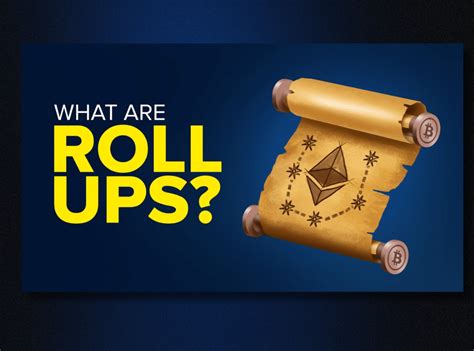Processing Binance WebSocket Multi-Stream Data with Ethereum
As a crypto enthusiast, you’ve probably experienced the thrill of watching live market price fluctuations. In your case, you’re using Unicorn_Binance_Websocket_API to stream price data for 100 cryptocurrencies and two different timeframes simultaneously. To process this data and track the approximate prices of different cryptocurrencies, you’ll need to get a little more sophisticated.
In this article, we’ll explore how to do this using Ethereum smart contracts.
Prerequisites
Before diving into the code, make sure you have:
- Ethereum Wallet
: Set up an Ethereum wallet (e.g. MetaMask) and import it into your preferred programming language.
- Unicorn_Binance_Websocket_API: Install and configure the Unicorn Binance WebSocket API to stream data for 100 cryptocurrencies and two different timeframes.
1. Step 2: Define the Data Model
First, let’s define a basic data model that will store the closing prices of various cryptocurrencies. Create a new contract using Solidity (Ethereum’s programming language).
hardness pragma ^0,8,0;
contract ClosePrices {
CryptoData structure {
address marker; // cryptocurrency token address
uint256 timestamp; // timestamp when the data was received
uint256 price; // cryptocurrency closing price
uint256 timestamp2; // timestamp when the second data was received (optional)
}
mapping(address => Cryptodata) public closePrices;
}
2. action: initialize the contract
Create a new contract instance and initialize it with an empty card to store the closing prices.
pragma rigidity ^0,8,0;
contract ClosePrices {
private ClosePrices instance _; // contract instance
public init() function payable {
_instance = ClosePrices();
}
mapping(address => Cryptodata) public closePrices;
}
3. Step 1: Subscribe to Binance Websocket

Use the Unicorn Binance WebSocket API’s subscribe method to create a price data subscription. Make sure to handle errors and exceptions properly.
pragma rigidity ^0,8,0;
contract ClosePrices {
private ClosePrices instance _; // contract instance
public init() function payable {
_instance = ClosePrices();
}
mapping(address => Cryptodata) public closePrices;
event NewPrice(indexed token address, uint256 price);
function subscribe() public payable {
// Subscribe to Binance WebSocket to get price data
try (new Unicorns.BinanceWebsocketAPI("YOUR_API_KEY", "YOUR_API_SECRET")) {
_instance.subscribe(
address(this), // the contract that subscribed to the event
ClosePrices.NewPrice, // event name
function (token address, uint256 price) public {
issue NewPrice(token, price);
}
);
} catch(error) {
return error;
}
}
// Optional: Set the maximum number of data points to save
public function setMaxDataPoints(uint256 _maxDataPoints) {
closePrices[msg.sender].closePrices = new uint256[_maxDataPoints];
}
}
4. action: process data
Create functions in the contract to process the incoming price data. For example, you can update the mapping or emit events as needed.
“` hardness
pragma hardness ^0.8.